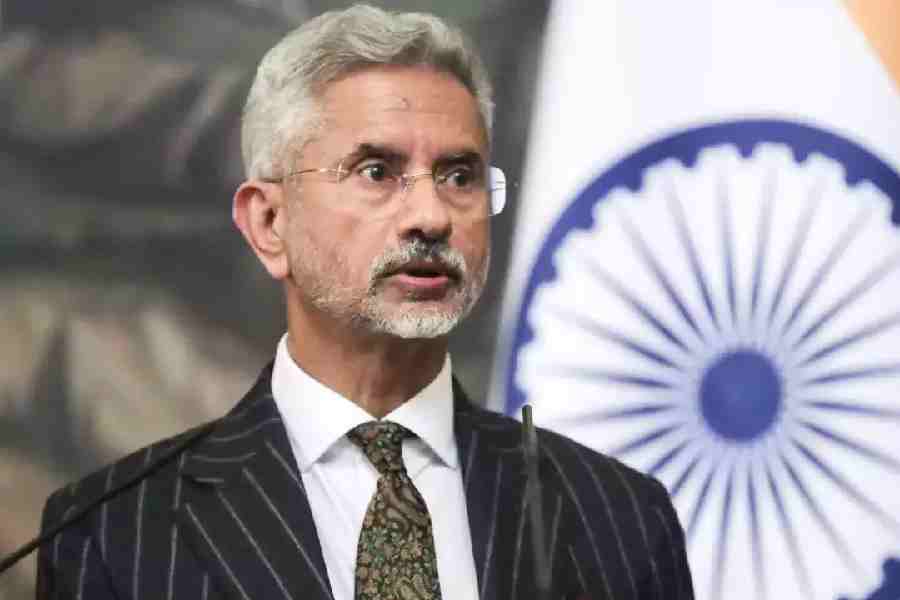In an interview last week, the external affairs minister, S. Jaishankar, said it was important to get over the mindset that the West was the villain behind the woes of the developing world. In a pointed, if indirect, jibe at China, the world’s biggest manufacturing hub, he argued that the West was not to blame for cheap goods flooding Asian and African markets. Mr Jaishankar’s suggestion that the world is complex — and that simplistic notions of nations as friends or foes often do not work — is welcome. Yet, his comments obfuscate the central role his own government has played in pandering to deep-rooted prejudices of the West and other countries while remaining ahistorical in its allocation of responsibility for the economic challenges faced by nations of the Global South. Over the past decade, the Narendra Modi government has repeatedly portrayed any criticism of its record on human rights, democracy or press freedom from the West — whether from government agencies, think-tanks, or investigative journalists — as part of a conspiracy to bring the prime minister down. When the BBC released a documentary on Mr Modi’s alleged role in the 2002 Gujarat riots, Mr Jaishankar’s ministry accused it of having a colonial mindset.
During the early months of Russia’s war in Ukraine, Mr Jaishankar clashed heatedly with Western officials and commentators — often publicly — over criticism that India, by purchasing Russian oil, was somehow financing the conflict. More recently, negotiations at the G20 under India’s presidency have revolved around New Delhi’s efforts to pitch itself as the voice of the Global South pushing back against pressure from the developed West. India’s biggest current diplomatic crisis features Canada, which has accused New Delhi of potential links to the extrajudicial killing of a Sikh separatist in the North American nation. Against this backdrop of the government itself peddling the narrative of victimhood at the hands of the West, Mr Jaishankar’s comments carry a tinge of hypocrisy. Worse, they were unnecessary and counterproductive for India’s interests. Neither were they entirely accurate. Centuries of colonial plunder, including the decimation of local industries, are a central reason for the global wealth disparity and trade disadvantages that Asia, Africa and Latin America suffer from. The world is complex, as Mr Jaishankar said. It is therefore best for India to avoid coming across as leaning towards any one side in a polarised geopolitical climate. And if the government wants Indians to change their mindset, it must practise what it preaches.










